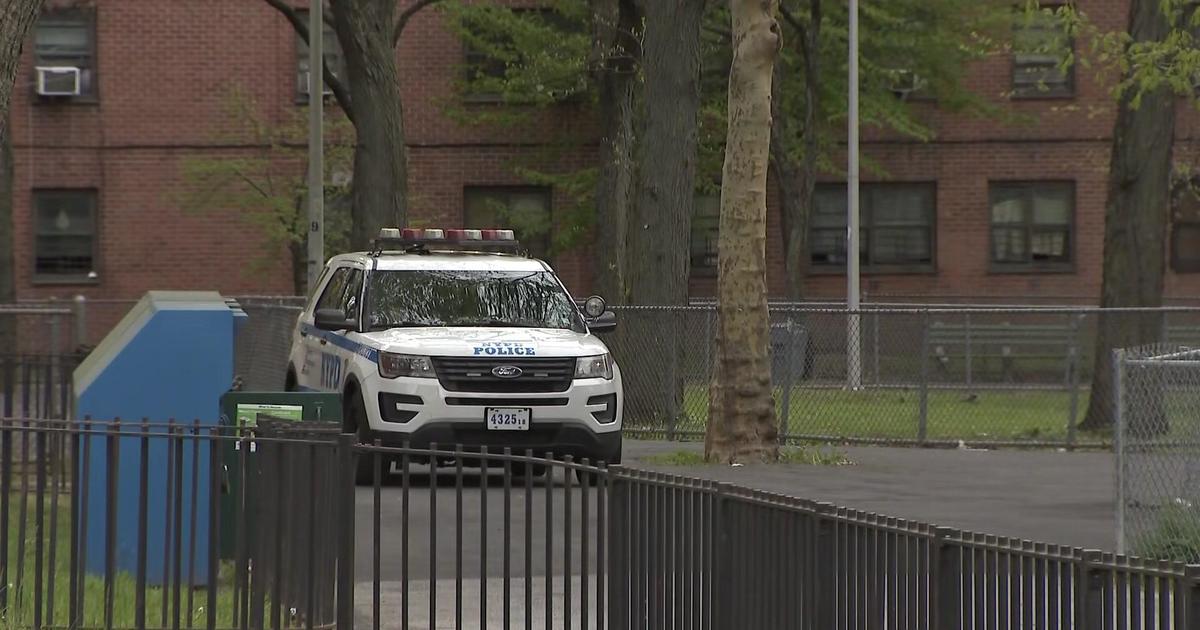Report: Bloomberg Says No Changes To Super-Size Drink Ban Proposal
NEW YORK (CBSNewYork) -- Mayor Michael Bloomberg said after months of heated debate, there will be no change to the mayor's proposal to ban super-sized sugary drinks, according to a published report.
The mayor's plan to put a 16-ounce limit on sugary drinks sold at city restaurants, movie theaters, sports venues and street carts has sparked debates not just in New York City, but around the country.
EXTRA: See The Full Proposal
Bloomberg has said the proposed ban is a way to fight obesity in New York City but opponents say the city is overstepping its bounds and infringing on personal freedom.
The ban would apply to both bottled and fountain drinks.
It would not include grocery or convenience stores that don't serve prepared food and would not apply to diet soda, other calorie-free drinks or anything that has at least 50 percent milk or milk substitute.
A series of public hearings have been held about the proposal, where business owners, health care workers, lawmakers and members of the general public argued both for and against the ban.
Many city leaders and companies like Coco-Cola have been outspoken against the ban, calling it "pointless" and "arbitrary."
The city has also seen protests and rallies against and in favor of the ban over the last few months.
In July, protesters took part is what was called the "Million Big Gulp March" in City Hall Park with some chanting "Drink Free Or Die."
In June, several groups in favor of the proposal rallied on the steps of City Hall to show their support.
When asked during a press conference Tuesday if changes were being considered to the proposal based on public comments, Bloomberg simply said "No," the Wall Street Journal reported.
Critics said the mayor's office has little interest in listening to the public's concern over the proposal.
"The mayor doesn't care what people think. If the mayor cared what people think, he would have withdrawn it altogether," Council Member Oliver Koppell told the WSJ. "I just find it offensive to interfere in people's lives in such a way."
In June, a Quinnipiac University poll found New Yorkers were opposed to the proposed ban 51 to 46 percent.
"They doubt that this will be an effective way of cutting down obesity," polling director Maurice Carroll said.
The New York City Board of Health votes on the proposal next month. If it passes, the rules will go into effect by next March.
Please share your thoughts below...



